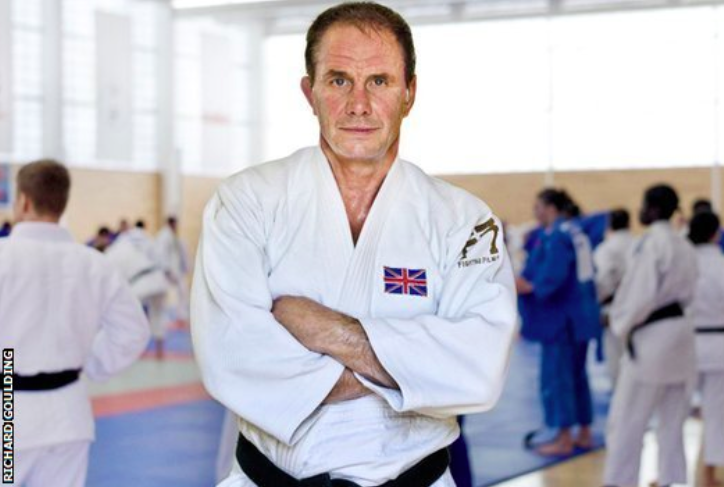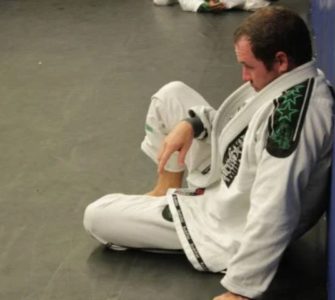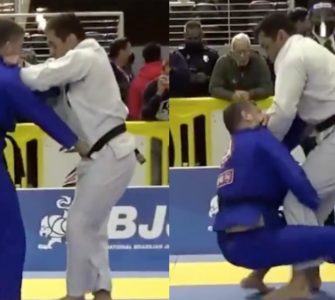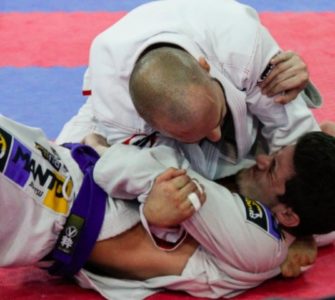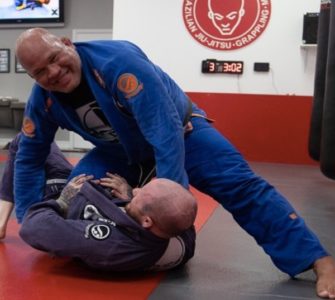Neil Adams is an English judoka who won numerous Olympic and World Championship medals in judo representing Great Britain.
Adams was the first British male to win a World title, and the first British male to simultaneously hold a world title and a European title. Other achievements include a gold medal at the 1981 World Judo Championships in Maastricht, the Netherlands, plus silver medals in the 1980 and 1984 Summer Olympic Games and the 1983 Judo World Championships.
Adams was also five-time European Champion. On 20 September 2008 he was promoted to 8th Dan at the age of 49.
He was known for his ground game (ne waza) and his armbar.
In an article entitled Judo or BJJ- Which Style Should You Train in? , Adams talks about how the new rules change in Judo increases the time spent on the ground:
In Judo for example, in the past, the rules determined for a long time that Newaza exchanges would only be allowed shorter periods of time to hunt, capture and complete a technique, which often was not nearly enough time, before standing the fighters up to continue the contest on the feet. This meant that more emphasis was concentrated on Tachiwaza (standing) techniques than on the ground. Therefore, the throwing skills became more prominent.
This particular rule has now been changed to allow more time in Newaza exchanges if the techniques are progressive in nature, and this, in turn, has encouraged the teaching and learning of groundwork skills in Judo. The balance of learning has now been addressed.
As BJJ ground fighting is allowed more time on the ground searching for the submission, it has evolved to be more technically involved on the ground. The way I see it, there is very little emphasis on technical ways to get them down to the ground. It’s more of a ‘get-the-down-at-all-costs- way of tranisition and I think Judo can help with that.
I can’t help but wonder if BJJ just readjusted their balance of top vs ground if we could help them become an even more technically sound sport. My thinking is maybe of a small rule adjustment in their matches in order to make a subtle change. Not being able to drag an opponent to the ground for example, but having to throw into a groundwork position could encourage more teaching and learning in throwing skills. These simple aspects could just help to adjust the balance of play in both BJJ and Judo. I’m only saying this as the sport starts standing up, just like Judo.
An interview with Neil Adams on judo, bjj, mma, and the overlap between those arts:

